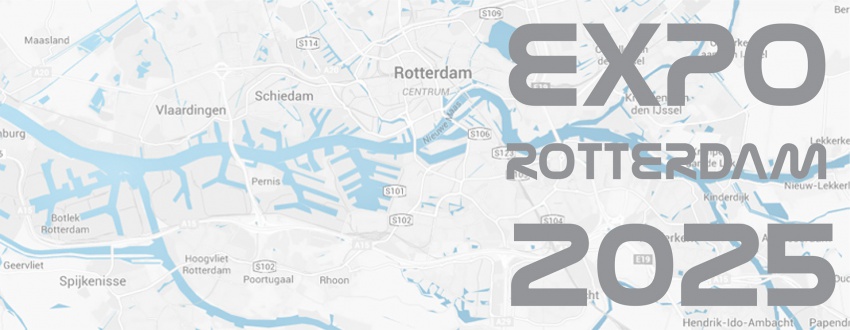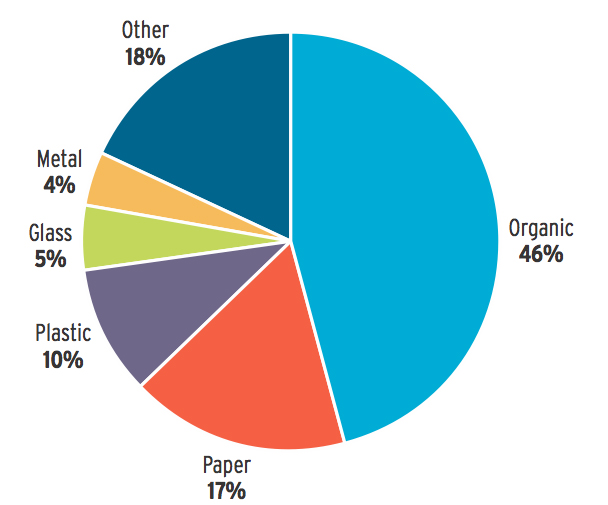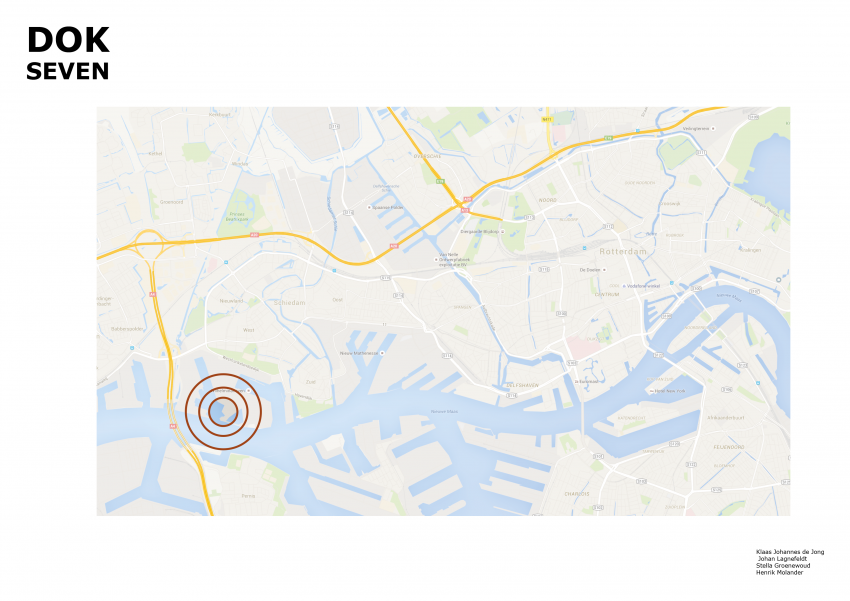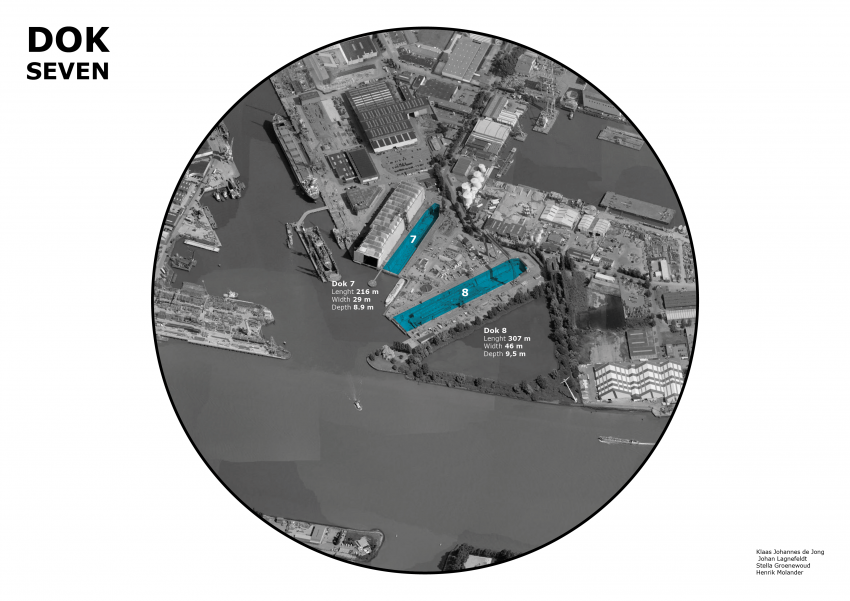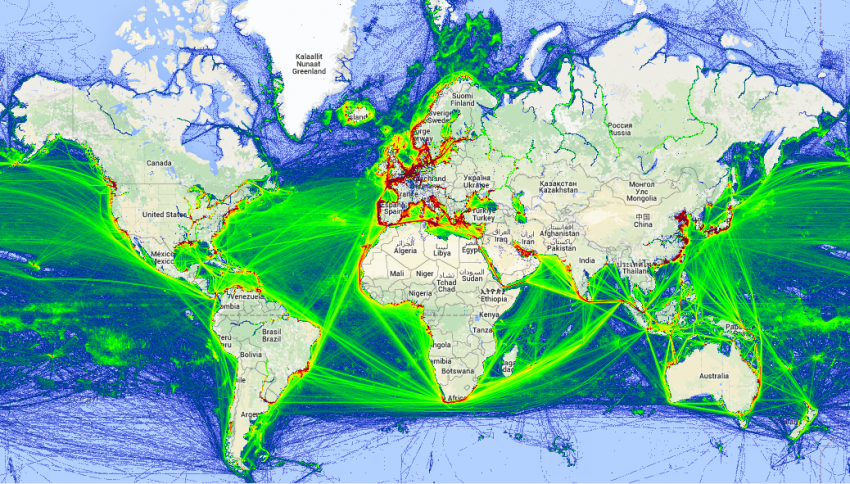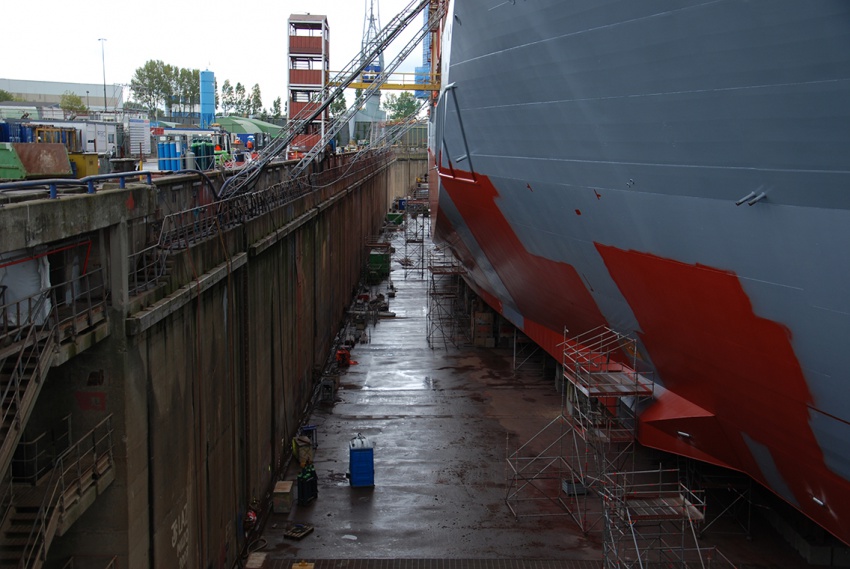Difference between revisions of "Msc1G4:Group"
(→DOK 7 | location of pavilion) |
|||
| Line 30: | Line 30: | ||
The loss of fertile soil due to flooding, the finite supply of phosporus for fertilizers as well the accumulating trash piles in large cities are big environmental concerns. By making a parametric pavilion which can be programmed to provide optimal conditions for composting, we can help alleviate these problems while creating an architectural solution which is strong in both message and experience. | The loss of fertile soil due to flooding, the finite supply of phosporus for fertilizers as well the accumulating trash piles in large cities are big environmental concerns. By making a parametric pavilion which can be programmed to provide optimal conditions for composting, we can help alleviate these problems while creating an architectural solution which is strong in both message and experience. | ||
| + | |||
| + | [[File:Global waste.jpg | 850px | caption]] | ||
[[File:location dok7 spec.png | 850px | caption]] | [[File:location dok7 spec.png | 850px | caption]] | ||
Revision as of 00:49, 5 November 2015
DOK 7 | location of pavilion
The Expo 2025 in Rotterdam, while showcasing solutions for turning environmental challenges to economic opportunities, will in itself prove an environmental challenge. An expected 50 million visitors will cause waste and trash to fill the area. This is an opportunity to let the Expo take on the challenge for 2025 on site.
We propose a pavilion which can compost the waste generated by the visitors. The accumulation of organic waste will serve to produce fertile soil, fertilizer and heat for the residents of Rotterdam. Every visitor will be able to deposit their waste in the pavilion as well as connecting the sewage system to the same
The loss of fertile soil due to flooding, the finite supply of phosporus for fertilizers as well the accumulating trash piles in large cities are big environmental concerns. By making a parametric pavilion which can be programmed to provide optimal conditions for composting, we can help alleviate these problems while creating an architectural solution which is strong in both message and experience.
In the upper image we give the indication of the location where we will plan the pavilion for the 2025 World Expo in Rotterdam.
As you can see in the image above, we have chosen for a dry dock in the Port of Rotterdam. Dock number 7 to be precise. Our guiding theme is making people aware of the movement of goods shipped around the world, with its advantages, but also disadvantages.
The dry dock's character is very temporary; having ships to come over to be repaired, and afterwards letting them into the water again. We think this is very related to our topic of movement, combined with the temporary character of the World Expo its pavilions. In this way, the dry dock will not only be a transit space for ships, but also for the pavilion that we will design. Next to that, in dry docks, ships will be exposed entirely, and that is another metaphor we use. We will expose our theme in the dry dock. Besides, the site is architecturally seen very interesting; the landscape is manmade, with a recognisable shape, and it characterises Rotterdam and its Port. Though, people living near to the Port do not really have a connection with what is going on there; it is not visible. By using the dry dock we create an access to the inner part of the Port. The company Damen owns the dry dock and uses it still, but we can hire it for the time for the World Expo 2025.
Global shipping routes
Dock image
